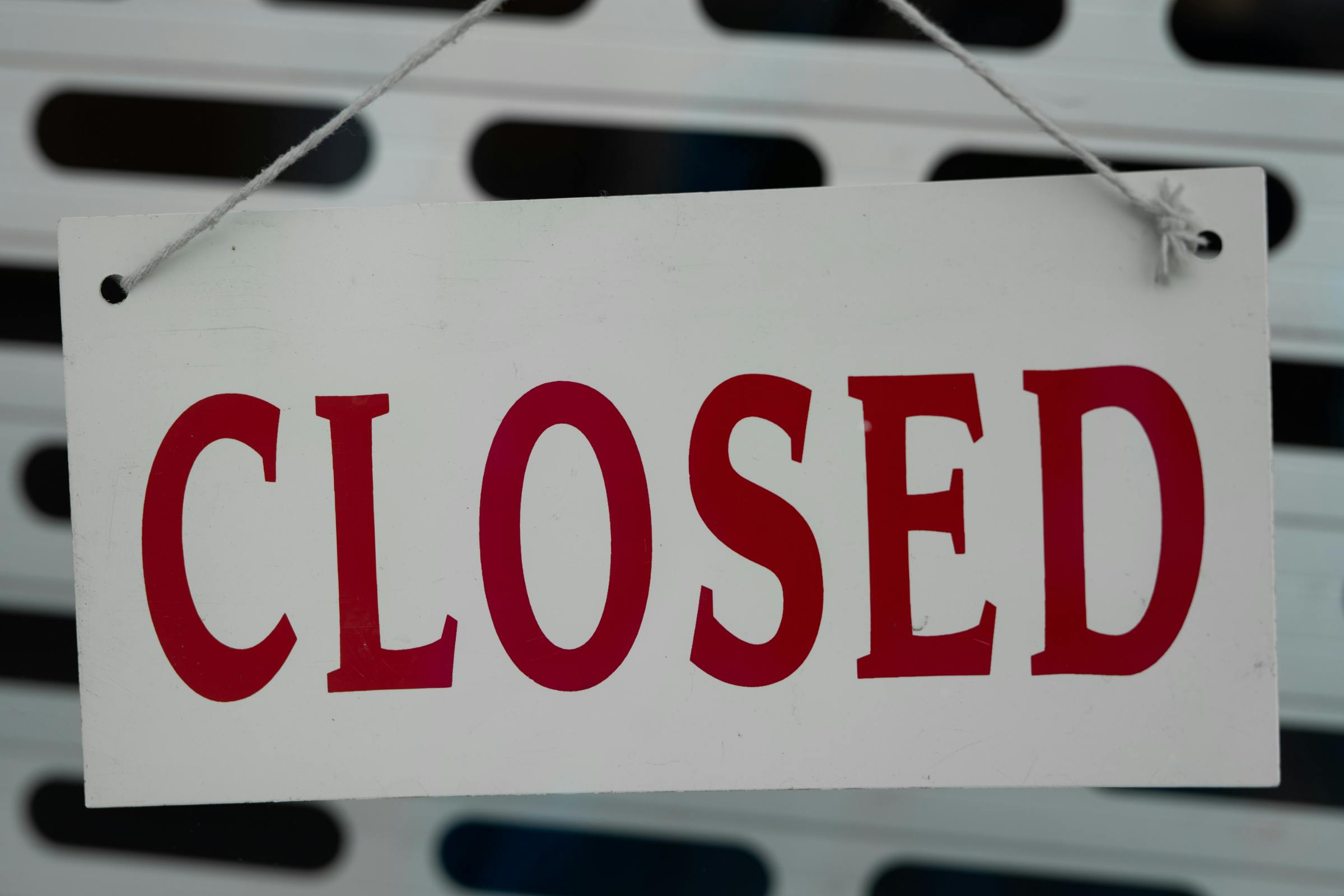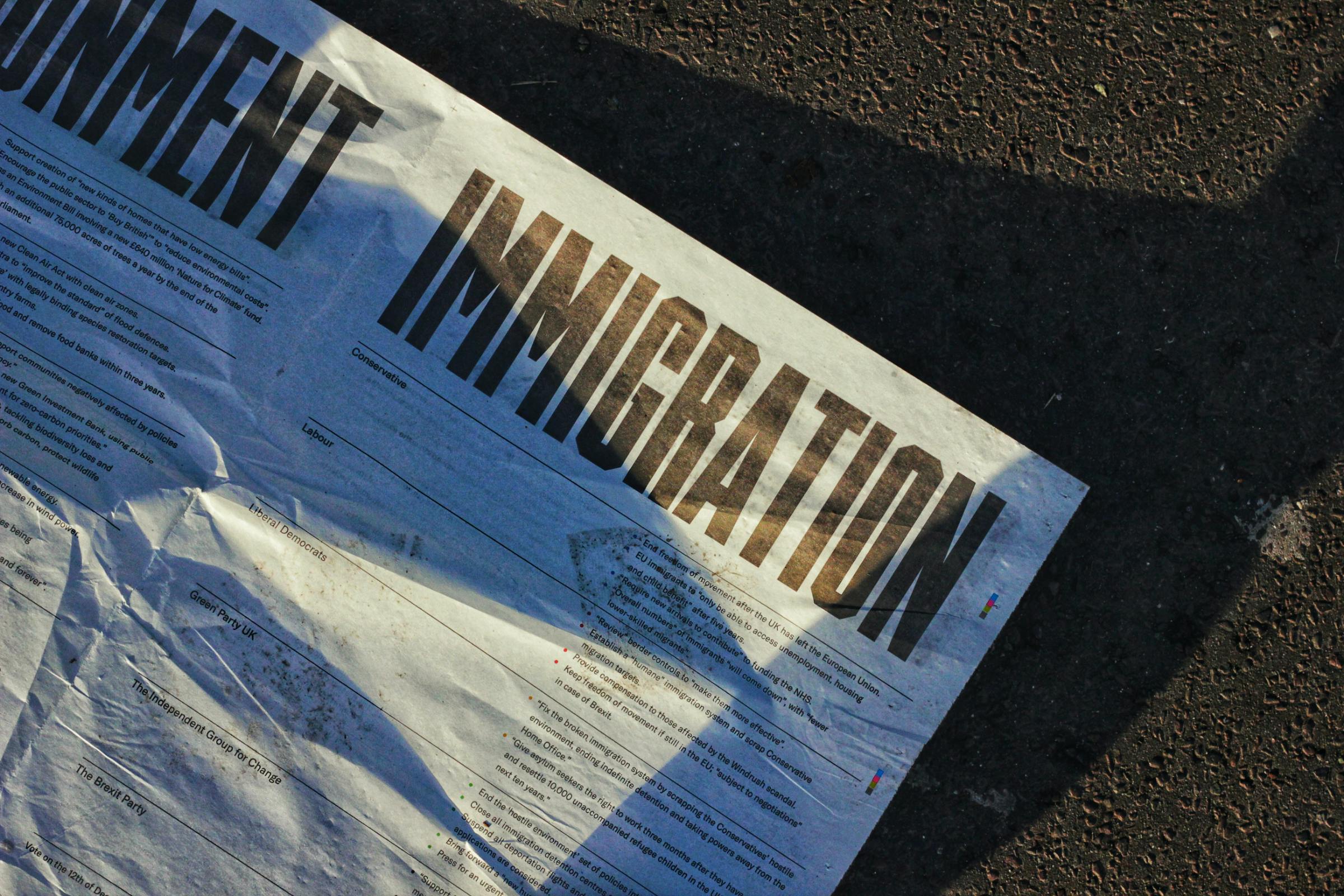H1-B visa holders have a long history in the United States. The class of non-immigrant visas is held for individuals with ambitious capabilities and those who are specialized workers, often with Masters degrees or higher. 65,000 H1-B visas are granted annually, and many of these workers, now, due to the coronavirus pandemic, have to work from home. This is because the nature of the work for many of these visa holders is in knowledge management or jobs that require laptops and computing during the regular working week.
As such, H1-B visa holders are now, like many other Americans, getting used to a working from home schedule which has largely been a successful transition for many workers across sectors. Except that, unlike U.S. citizens, H1-B holders are now under scrutiny for working from home in some cases.
Under normal circumstances and pre-Covid-19, many H1-B visa holders were simply updated from time to time via their employer or sent emails regarding their visa status. Because the office used to be a place where people were accountable, the USCIS has now upped their management to check in on H1-B visa workers at home and virtually through videoconferencing. Critics have complained that this is a breach of privacy, while USCIS employees have declined to answer when such surveillance behavior has exactly started.
According to an immigration outlet, “…USCIS has been emailing H1B visa holders to arrange home visits or to visit offices that are not their usual workplace. However, some people who have been visited said that US immigration officers have shown up at their door unannounced.”
In addition, a spokesperson for the government agency, Matthew Bourke, had the following to say, “…the agency’s power to conduct worksite inspections to verify visa holders eligibility and compliance with the law is critical to the integrity of the H1B program to detect and deter fraud and noncompliance.”
It seems as though the USCIS is worried about working from home professionals potentially switching jobs or taking up new posts they can handle remotely within the same company. Such changes would need to be verified with their H1-B visa status, given they filed and were petitioned on behalf of for specific positions at specific rates of pay.
Still, the new policy by the USCIS seems to be a bit of a goose chase. It does show, however, as working from home until undoubtedly continue well into 2021, that this policy will either remain or perhaps be rescinded by an upcoming change in Administration. Such a policy also represents the USCIS’s new extension of power and their ability to modify their policies to fit the new remote working economy in general.














